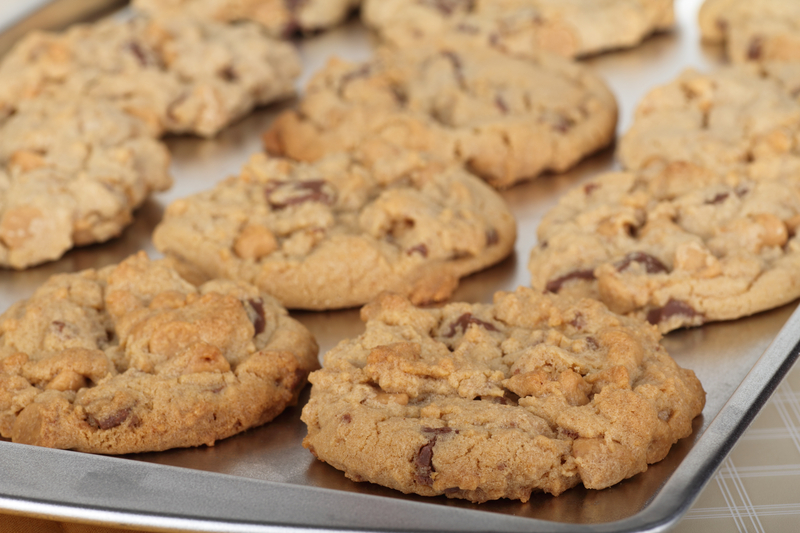 Baking enthusiasts are often faced with the decision of choosing the right tools for their kitchen adventures, and one common dilemma involves selecting the ideal baking pans.
Baking enthusiasts are often faced with the decision of choosing the right tools for their kitchen adventures, and one common dilemma involves selecting the ideal baking pans.
Aluminium baking pans have been a popular choice for many households due to their affordability and efficient heat conduction.
However, like any other kitchenware, aluminium baking pans come with their own set of advantages and disadvantages.
In this article, we will delve into the pros and cons of using aluminium baking pans to help you make an informed decision for your baking needs.
Pros of Aluminium Baking Pans
- Excellent Heat Conduction
Aluminium is known for its superior heat conductivity.
This means that aluminium baking pans heat up quickly and distribute heat evenly, resulting in consistent baking and browning of food items.
This quality is particularly beneficial for achieving perfectly baked goods.
- Lightweight and Easy to Handle
Aluminium is a lightweight material, making aluminium baking pans easy to handle, lift, and maneuver in the kitchen.
This characteristic is advantageous for individuals with physical limitations or those who simply prefer kitchen tools that are easy to manage.
- Affordability
One of the major advantages of aluminium baking pans is their affordability.
Compared to other materials like stainless steel or copper, aluminium pans are more budget-friendly, making them an attractive option for home bakers on a tight budget.
- Quick Cooling Time
Aluminium baking pans cool down rapidly after being removed from the oven.
This not only speeds up the overall baking process but also reduces the risk of overcooking or drying out certain delicate recipes.
- Resistant to Rust and Corrosion
Aluminium is naturally resistant to rust and corrosion, ensuring the longevity and durability of aluminium baking pans.
This makes them a low-maintenance option, as they do not require special care to prevent oxidation.
Cons of Aluminium Baking Pans

- Prone to Warping
One of the main drawbacks of aluminium baking pans is their susceptibility to warping under high temperatures.
Extreme temperature changes, such as moving the pan from a hot oven to a cold surface, can cause the pan to warp over time, affecting its performance and appearance.
- Reactivity with Acidic and Alkaline Foods
Aluminium has a tendency to react with acidic and alkaline ingredients, leading to a metallic taste in certain dishes.
This reactivity may not be suitable for recipes that involve citrus fruits, tomatoes, or vinegar-based marinades.
- Not Dishwasher Safe
While aluminium baking pans are generally easy to clean, they are not dishwasher safe.
Exposure to certain dishwasher detergents can cause the pans to discolor and lose their shine. Hand washing is recommended to maintain the integrity of the material.
- Durability Concerns
Despite being resistant to rust and corrosion, aluminium pans are not as durable as some other materials.
They may dent or scratch more easily, especially if not handled with care.
- Potential Health Concerns
There have been concerns about the potential health risks associated with using aluminium cookware.
While the amount of aluminium that leaches into food is typically minimal, some people prefer to err on the side of caution and choose alternative materials.
Bottom Line – What are the Pros and Cons of Aluminium Baking Pans?
In the world of baking, the choice of a baking pan can significantly impact the outcome of your culinary creations.
Aluminium baking pans offer several advantages, such as excellent heat conduction, affordability, and resistance to rust.
However, their propensity to warp, reactivity with certain foods, and potential health concerns should also be taken into consideration.
Ultimately, the decision to use aluminium baking pans depends on your specific baking needs, preferences, and willingness to manage the associated drawbacks.


